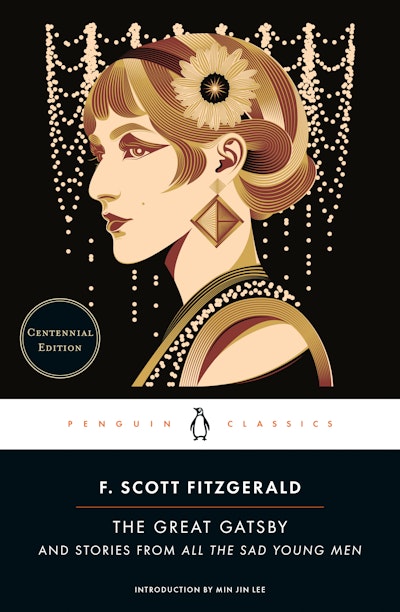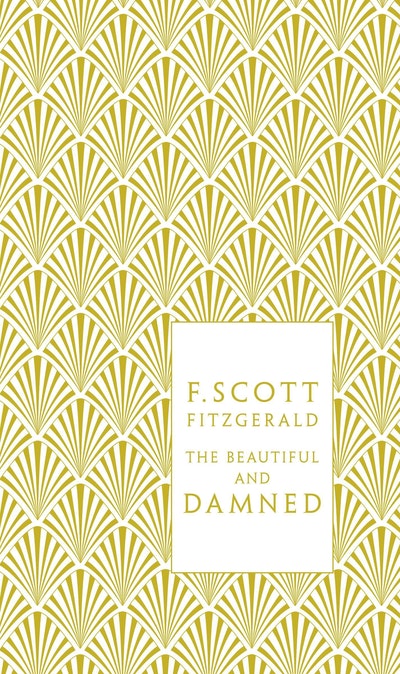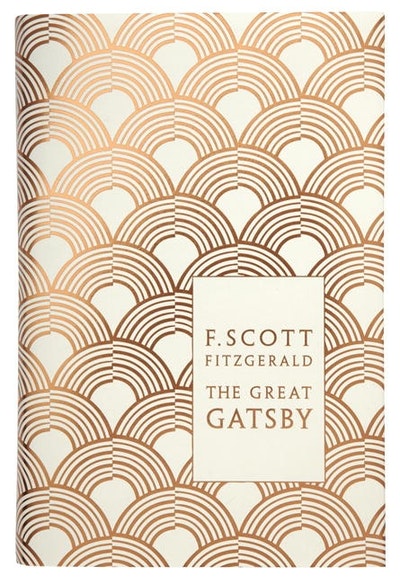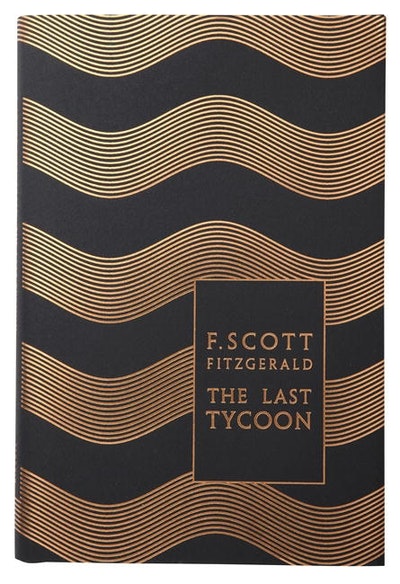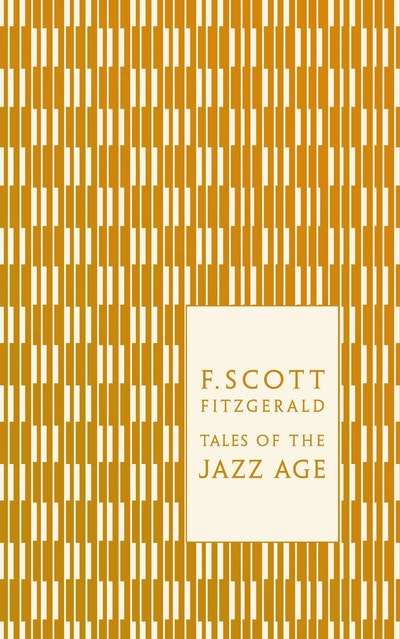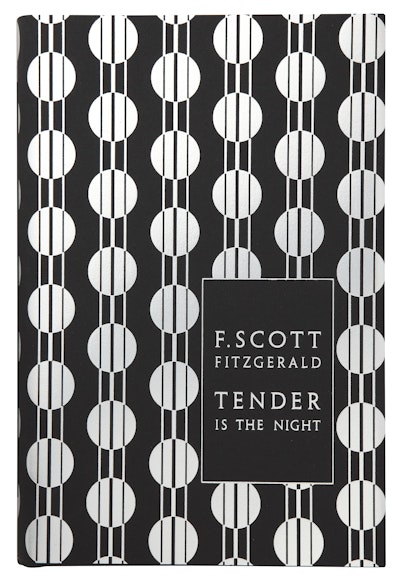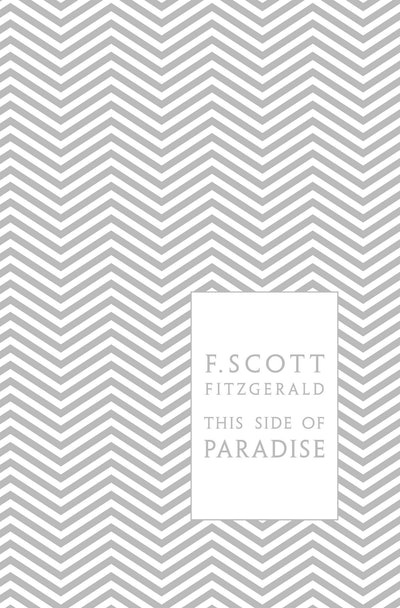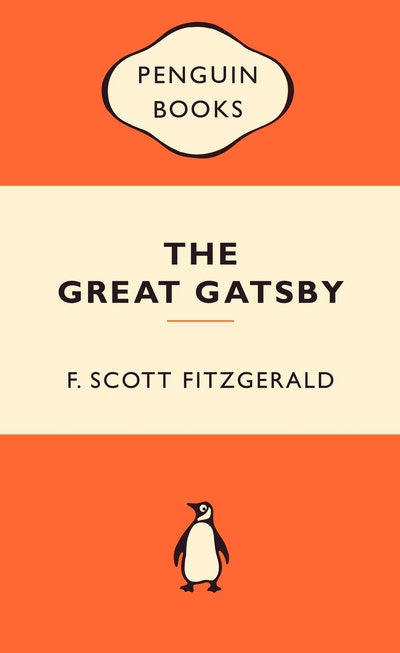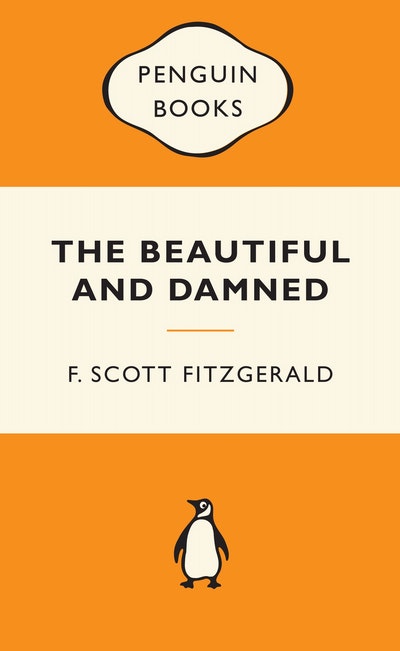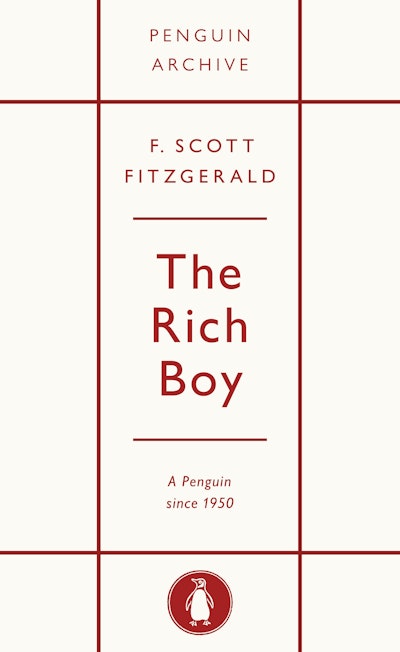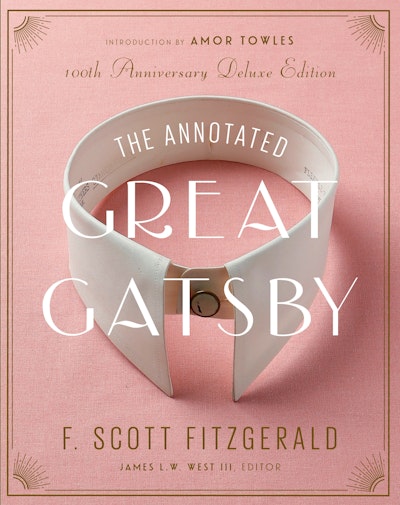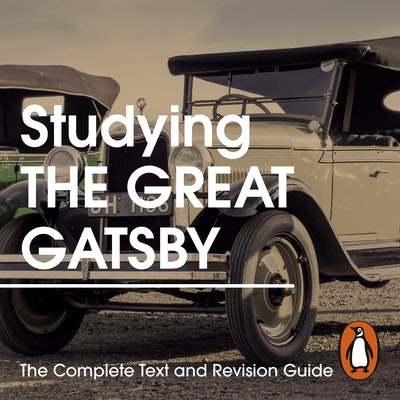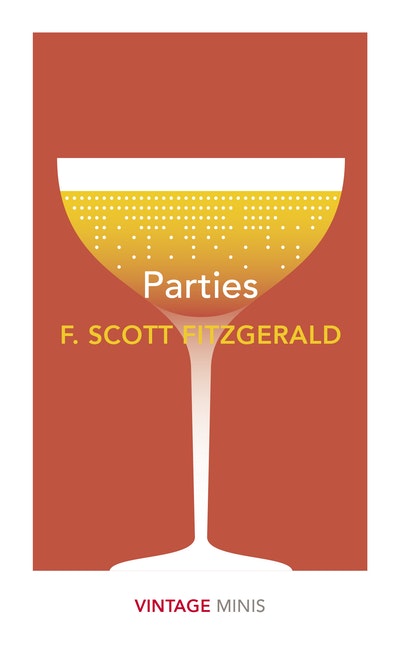For the centennial of its publication, a new edition of one of the most iconic of American novels, including four of F. Scott Fitzgerald’s short stories about wealth and class from his collection All the Sad Young Men and an introduction by Min Jin Lee, the New York Times bestselling author of Pachinko
One of The Atlantic’s Great American Novels of the Past 100 Years
A Penguin Classic
For the centennial of its publication, a new edition of one of the most iconic of American novels, featuring an introduction by Min Jin Lee, the New York Times bestselling author of Pachinko, and, special to this edition, four of F. Scott Fitzgerald’s short stories about wealth and class from his collection All the Sad Young Men
One of The Atlantic’s Great American Novels of the Past 100 Years
One of Library Journal's Best Books of the Year
A Penguin Classic
Young, handsome, and fabulously rich, Jay Gatsby seems to have everything. But at his mansion east of New York City, where the party never seems to end, one thing will always be out of reach: the married Daisy Buchanan, whose house is visible from Gatsby’s just across the bay. A brilliant evocation of the Roaring Twenties and a satire of a postwar America obsessed with wealth and status, The Great Gatsby is a novel whose power remains undiminished after a century.
This centennial edition, based on scholarship dating back to the novel’s first publication in 1925, restores Fitzgerald’s masterpiece to the original American classic he envisioned, and includes an introduction addressing how gender, race, class, and sexuality complicate the pursuit of the American Dream; four beloved stories from Fitzgerald’s 1926 collection, All the Sad Young Men—“Winter Dreams,” “The Rich Boy,” “The Sensible Thing,” and “Absolution”; and suggestions of a wide variety of multimedia resources for exploring the novel’s themes.
